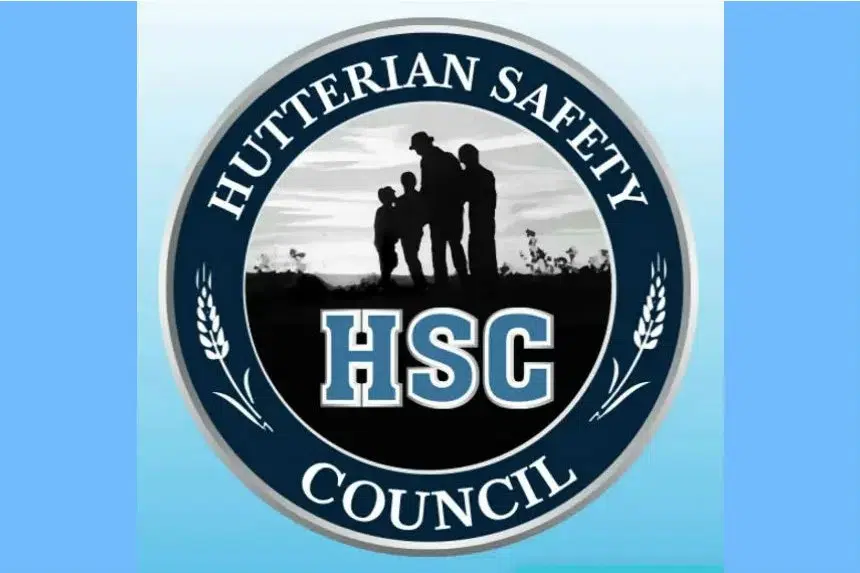For the past several weeks, Saskatchewan Hutterite colonies have been hotspots for COVID-19.
According to the chair of the Hutterian Safety Council, David Tschetter, the higher number of cases is due to more aggressive testing on the colonies.
“When we see spikes of 20 or 30 cases, that simply means the Saskatchewan Health Authority has gained access (and) built trust and have done community testing and identified those cases,” Tschetter said Monday on Gormley.
When outbreaks first began on Hutterite colonies, the provincial government was identifying them by colony. It has since switched to the general term “communal living settings.”
“The fact that it is being publicized is causing extensive damage to the local communities and non-Hutterites,” said Tschetter. “While it is irritating to the Hutterites themselves and a level of frustration, we are a very resilient culture and people and we will move beyond this. Where the damage is being done is to local communities and local businesses.”
Tschetter says while identifying the cases is a good thing, the higher numbers being reported on the colonies has created some disconnect between those on the colonies and people in mainstream society.
He says Hutterites have run into situations where people don’t want to do business with them anymore.
“It’s being enabled for people to withdraw behind cultural lines with lines drawn. This doesn’t help the general public and this doesn’t help local businesses,” said Tschetter.
“Food banks that have been accepting donations from local Hutterite communities for years, for no apparent reason and no apparent rational thought, quit associating with Hutterite colonies. Local businesses have basically shut their doors to the communities. Farm implement dealers are causing great damage to themselves and their businesses by withdrawing behind cultural lines.”
Tschetter says the Ministry of Health has decided that it was going to continue saying cases were in communal living settings. From the Hutterites’ perspective, they’re going to focus on getting ready for the school year, but he does have a message for the general public and local communities.
“For people who have done business with our communities for years, please exercise some common sense and implement your rigorous protocols to protect your business and protect those relationships you spent years on building.”
Tschetter says there is a psychological aspect to what is happening with COVID-19 on the colonies. He says it has to do with the different psychologies of the community structure and that of mainstream society.
“Mainstream society is basically independent, and I’m speaking very loosely here,” said Tschetter. “But the independence is demonstrated by kids growing up and moving away, siblings turning into adults and starting their own businesses and not associating as much as previously, so physical distancing is not as much of a challenge.
“Hutterite culture is interdependent and ingrained into our culture, and therefore physical distancing and self-isolating is a much, much greater challenge to overcome.”
Tschetter believes identifying COVID-19 cases through the aggressive testing will actually help as the communities prepare for back to school.
“The Hutterite culture has a single-room classroom, or maybe two classrooms, and anywhere from 15 to 30 students who are basically siblings or extended family, so therefore an extension of the family environment,” said Tschetter.
“The biggest challenge will be to treat the student body as one entity because it’s an extended family of the culture itself, and then to identify the risk factors between the student body and the teachers.”
Tschetter says the safety council has worked through a very rigorous plan with input from the SHA and says it’s in good shape for the upcoming school year.
“Our communities need to continue working with the SHA — do the testing, protect their livelihoods, protect their communities by protecting their people. It’s just that practical,” said Tschetter.











